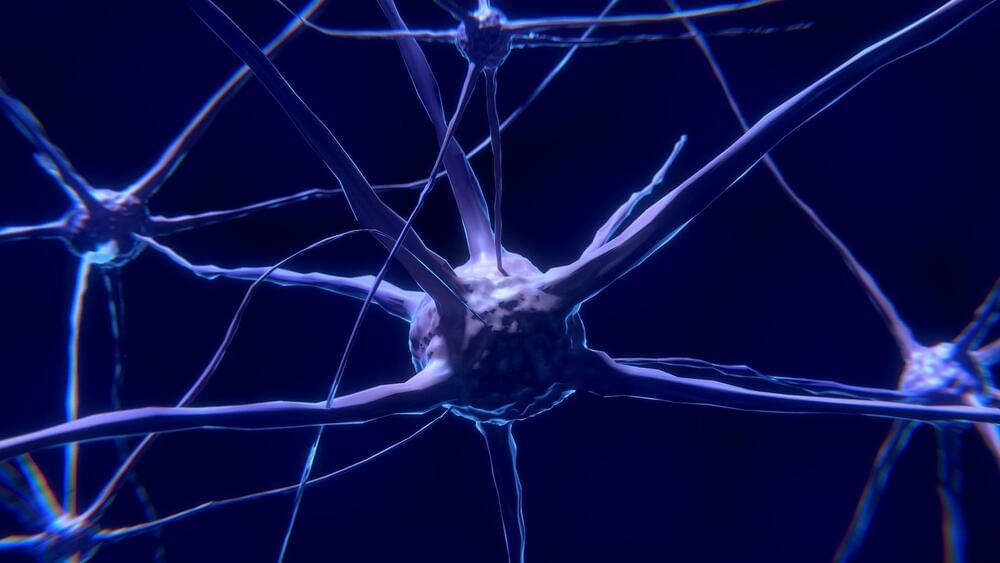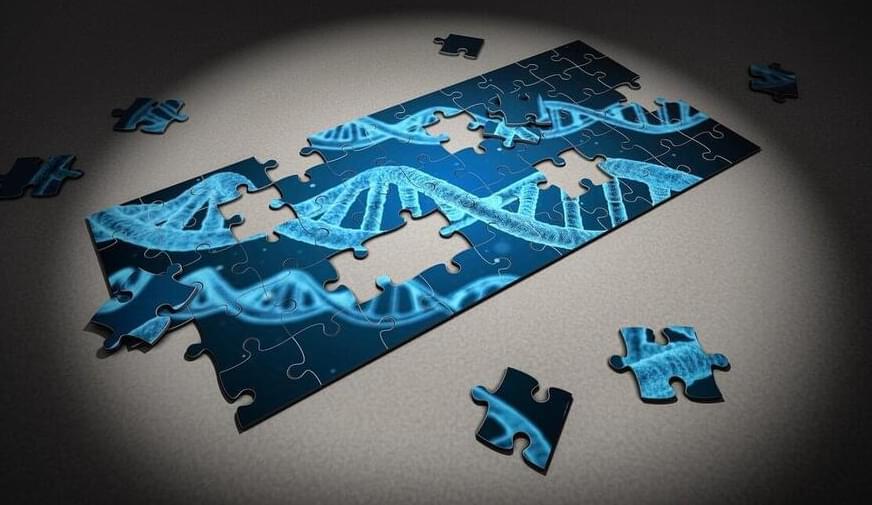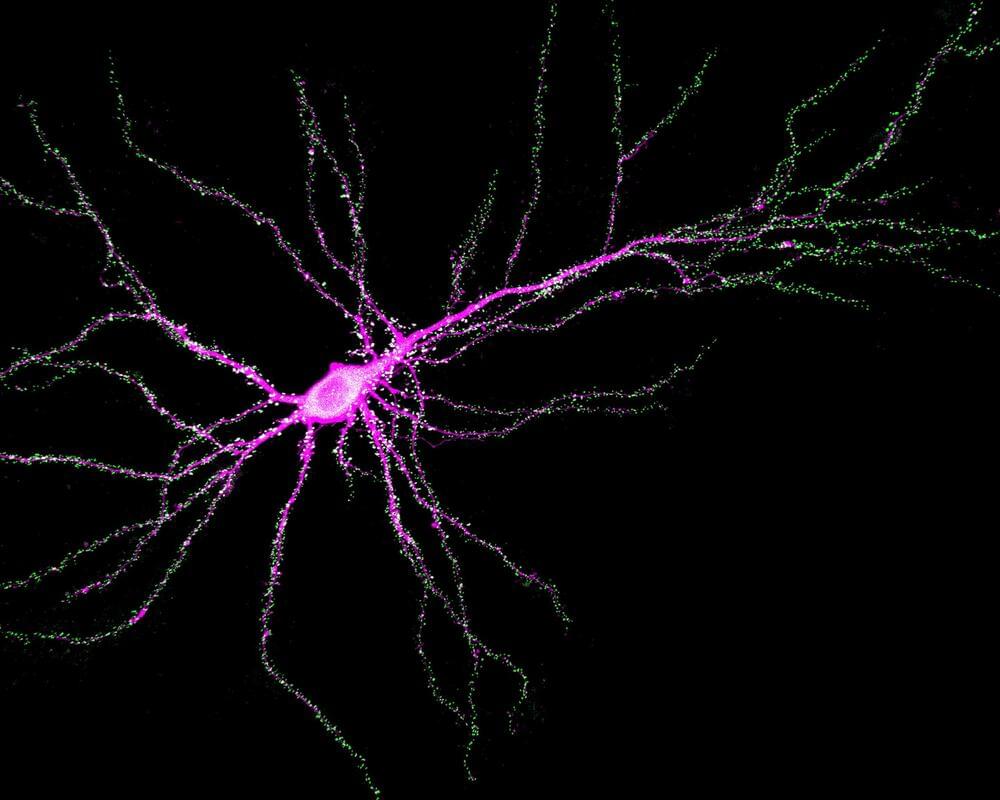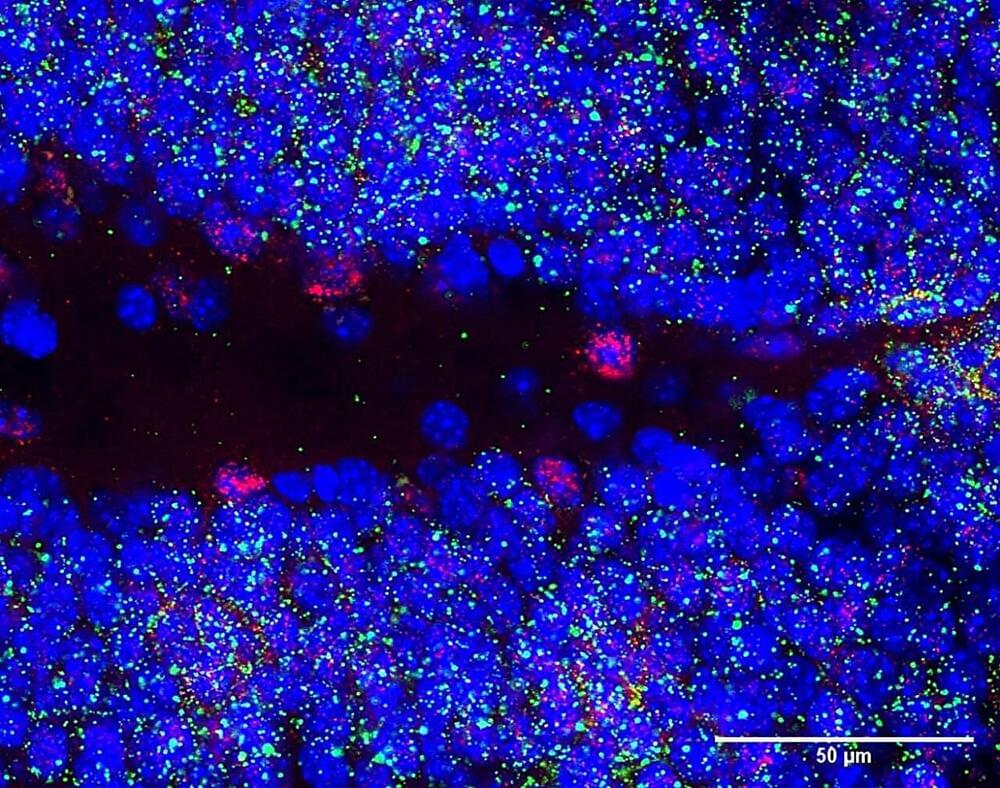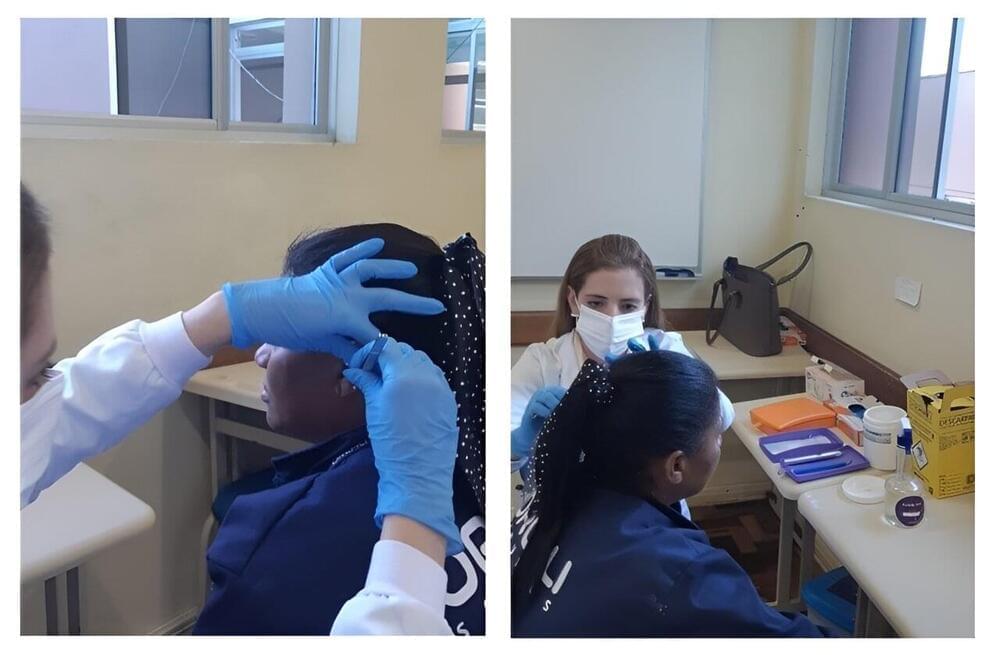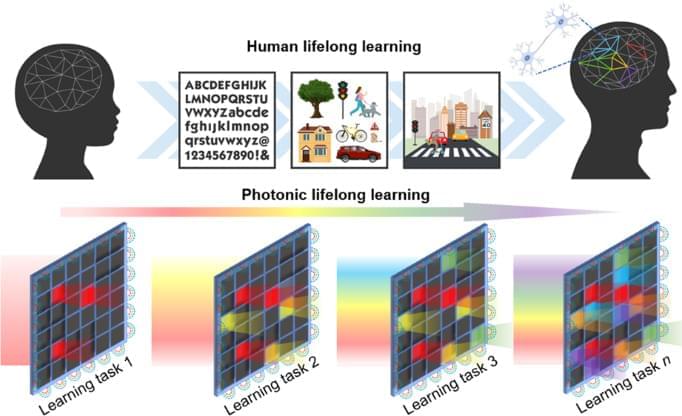When listening to music, the human brain appears to be biased toward hearing and producing rhythms composed of simple integer ratios—for example, a series of four beats separated by equal time intervals (forming a 1:1:1 ratio).
However, the favored ratios can vary greatly between different societies, according to a large-scale study led by researchers at MIT and the Max Planck Institute for Empirical Aesthetics and carried out in 15 countries. The study included 39 groups of participants, many of whom came from societies whose traditional music contains distinctive patterns of rhythm not found in Western music.
“Our study provides the clearest evidence yet for some degree of universality in music perception and cognition, in the sense that every single group of participants that was tested exhibits biases for integer ratios. It also provides a glimpse of the variation that can occur across cultures, which can be quite substantial,” says Nori Jacoby, the study’s lead author and a former MIT postdoc, who is now a research group leader at the Max Planck Institute for Empirical Aesthetics in Frankfurt, Germany.
